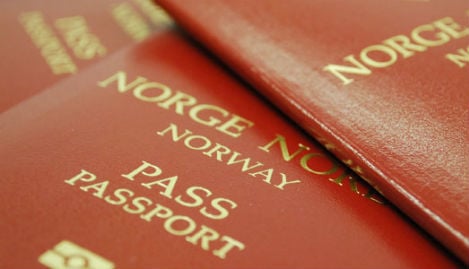Jøran Kallmyr, State Secretary at the Ministry of Justice, told Norway's Nettavisen new site that “increasing border controls” was “one of several measures that we are continuously considering.”
Although Norway is not a member of the European Union, it is party to the Schengen agreement, which enables individuals to travel between 26 countries without border controls.



 Please whitelist us to continue reading.
Please whitelist us to continue reading.